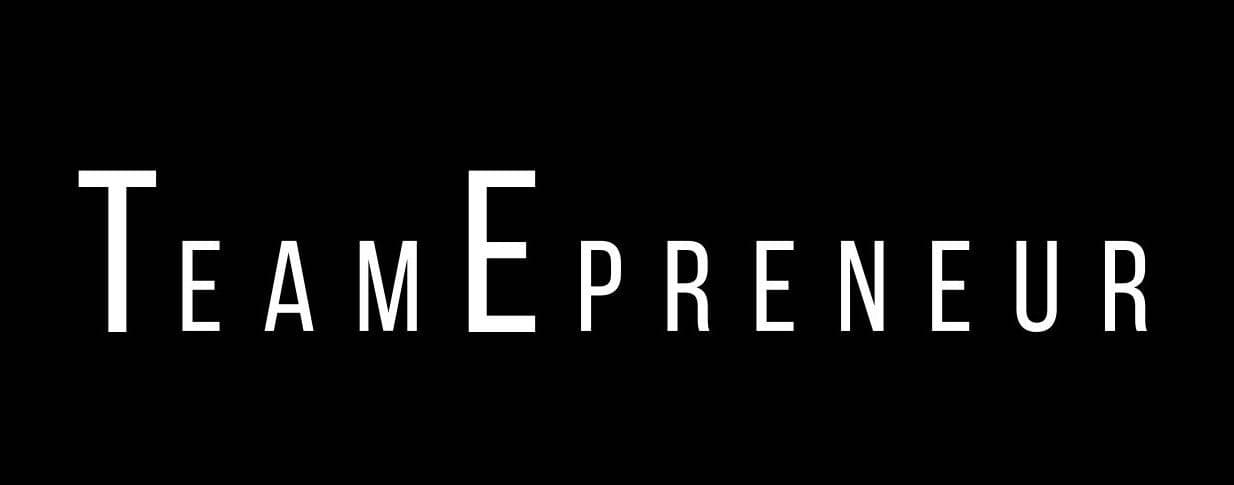
Blog Layout
Reconstructing the Human Tapestry: Lessons from Two Survivors
J.P. Montalvan • April 29, 2024
Reconstructing the Human Tapestry: Lessons from Two Survivors
Gad was 10 years old when he saw people going door to door, hauling out his neighbors, shooting them and burning down their homes.
Stephen was 7 years old when he was separated from his family, only to find out later that most of his family was murdered.
In the intricate tapestry of history, the threads of human conflict and dignity intersect to create some powerful perspectives around the events we face today. As we take in the tragic story of what is happening now between Israelis and Palestinians, I’ve found two stories that offer unique insights into the connection between conflict and dignity – and one way forward.
Gad Partok's story unfolds against the backdrop of World War II. He was a witness to the Nazis sending almost 5,000 of his fellow Tunisian Jews to labor camps, where dozens died from labor, disease, and Allied bombing campaigns. Partok said his family escaped because his father disguised the family’s Jewish identity.
On October 7, 2023, when Hamas unleashed a wave of violence in Israel, it shattered Parktok’s perception of safety and sanctuary. From his home in Ashkelon, Israel, he shared a perspective on the chaos and destruction wrought by extremists. The images of militants pillaging and terrorizing communities were a vivid reminder of the fragility of human dignity. “I thought — what, is this the same period of those Nazis? It can’t be,” Partok said.
Stephen Kapos, an 86-year-old Holocaust survivor, also witnessed unimaginable adversity. As a small boy, he remembers hiding from the Arrow Cross fascist movement, which rounded up Jews, shot them and dumped them into the Danube.
From the depths of despair during Nazi persecution in Hungary, Kapos also emerged with a perspective on human conflict and dignity. Addressing U.S. students protesting Israel’s continued war and the deaths of tens of thousands of Palestinians, he signaled that the students were on the right side of history. "There is a question of historical responsibility towards injustice, genocide, and fascism," Kapos said. "If you are indifferent, if you do not take a stand, you acquire a degree of guilt without any doubt, and I think it is imperative to assert opposition and even some degree of disadvantage and risk if you want to be guilt-free when history judges what's happening."
In the stories of Stephen Kapos and Gad Partok, we might discover one profound truth – conflict is an incredible force that can severely damage our human dignity. In the throes of conflict, we can be stripped of our self-worth and what we hope for can be shattered.
Whether we're talking about conflict in our own lives or looking at world conflict, what Partok and Kapos are getting at is this connection between conflict and human dignity. We must understand that preserving one hinges upon the resolution of the other.
In my Leadership Circle, we talk about collaborative construction. Collaborative construction ask us, as leaders, to bring the power of empathy, fierce conversations, and shared purpose to conflict. Whether within our families, with our teams or in our communities, collaborative, constructive leadership calls for a commitment to get to a better place, share responsibility, and heal.
When we’re facing conflict, it’s only through collaborative, constructive efforts that we can bring about lasting change – we can’t succeed alone.
If one person is diminished, we are all diminished.
I don’t pretend to know how difficult it will be for Israelis and Palestinians to rise above the destructive forces that perpetuate cycles of violence, embracing a new collaborative construction. If you’re anything like me, it’s tough enough to get through conflict within our own homes, families, and teams, let alone in our greater world.
But really thinking about experiences and perspectives of Stephen and Gad can remind us that the destructive forces constantly threaten our collective well-being. We’ve got to find ways to consistently rebuild what has been broken, to heal the wounds of the past, and build a more empowered future, whether at home or abroad.

By J.P. Montalvan
•
April 21, 2024
As a leadership coach, I get to work with a diverse range of entrepreneurs and intrapreneurs – quite a few real estate agents, fitness professionals, mortgage lenders, government contractors and others. Come April, it's like clockwork – we all start realizing how easy it is to lose sight of our yearly goals by the end of the first quarter. Life gets busy, we get caught up in the whirlwind of reactivity, and suddenly, those big dreams we had at the start of the year feel miles away.

By J.P. Montalvan
•
April 1, 2024
As most of you know, tragedy struck on what would have otherwise been an ordinary night earlier this week in the heart of Baltimore. The Francis Scott Key Bridge, an iconic structure that spanned the Patapsco River, became the focal point of a devastating disaster that has shaken Baltimore and the region to its core. As I think about the events of that night, there’s a lot to unpack, from preparedness and the “why” behind a crisis to quick thinking and the human capacity for heroism in the face of adversity.
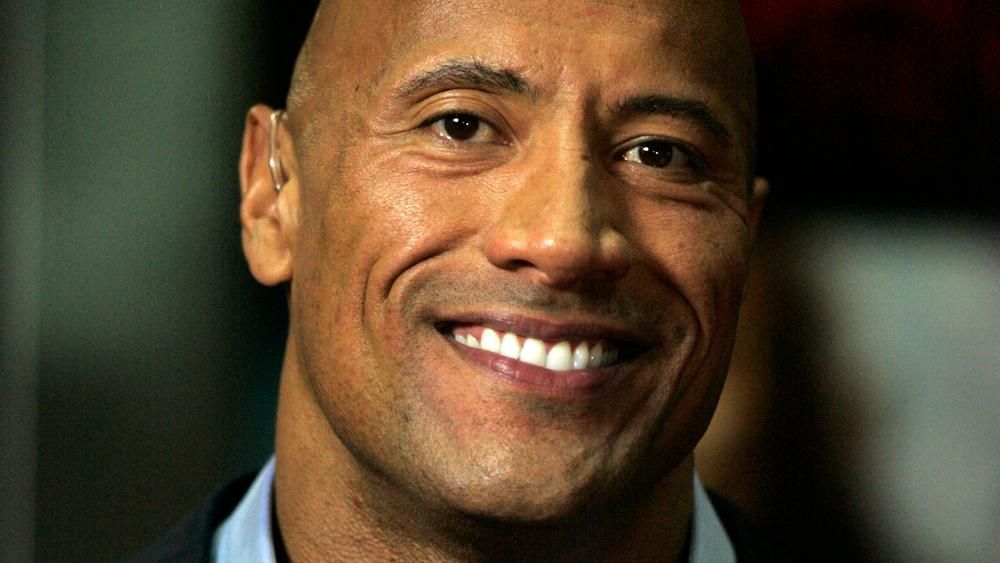
By J.P. Montalvan
•
March 27, 2024
Happy Hump Day!
I don’t usually reach out to you on Wednesdays, and I wanted to share that Wednesday isn't just any ol' day – it's the linchpin of your week. Why?
As I’m sharing with my Leadership Circle this quarter, Wednesday isn't just the midpoint of the typical work week calendar. It's a golden opportunity for us to hit pause, reassess, and realign ourselves with what really matters – our weekly priorities.
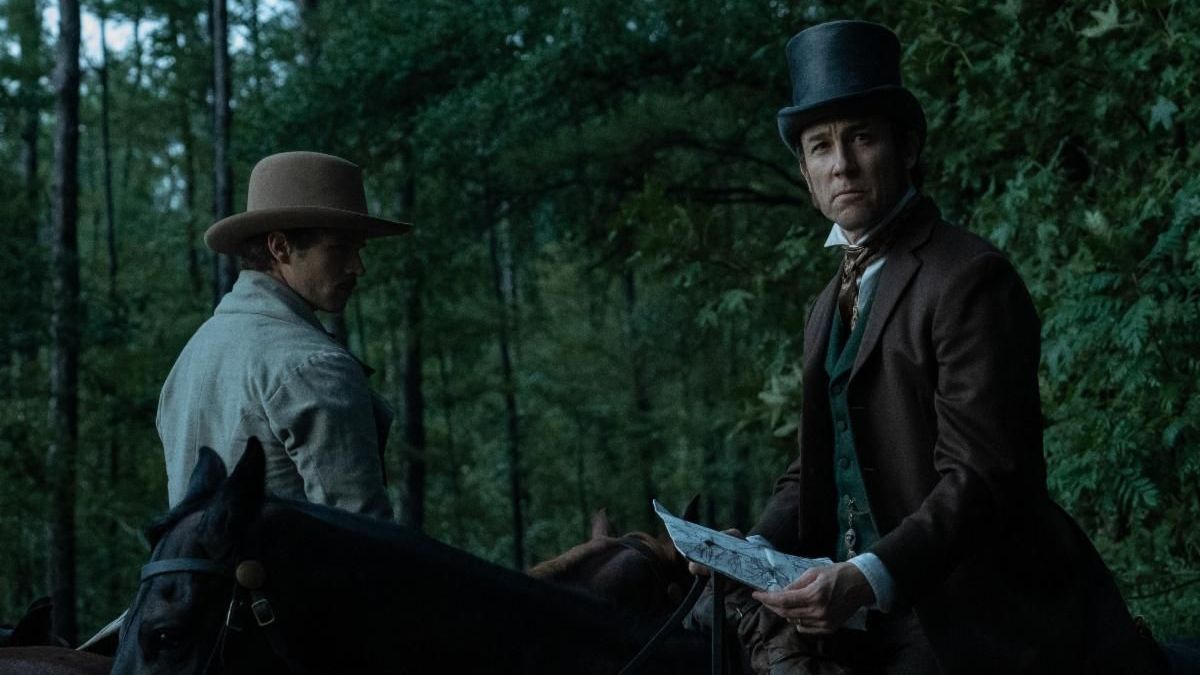
By J.P. Montalvan
•
March 18, 2024
Edwin was born in the small town of Steubenville, Ohio. His education started in Miss Randle’s kindergarten and was followed by Henry Orr’s seminary around the block. At 10, he entered George Buchanan’s nearby Latin school where he was called “an imperious and self-reliant young man.”
Edwin’s lifelong struggle with asthma might have contributed to his temper, but so could have the early death of his father and the deaths of his brother and two children.
And on the eve of achieving his life’s dream — nomination to the Supreme Court — Edwin Stanton’s chronic asthma caused his death in 1869.
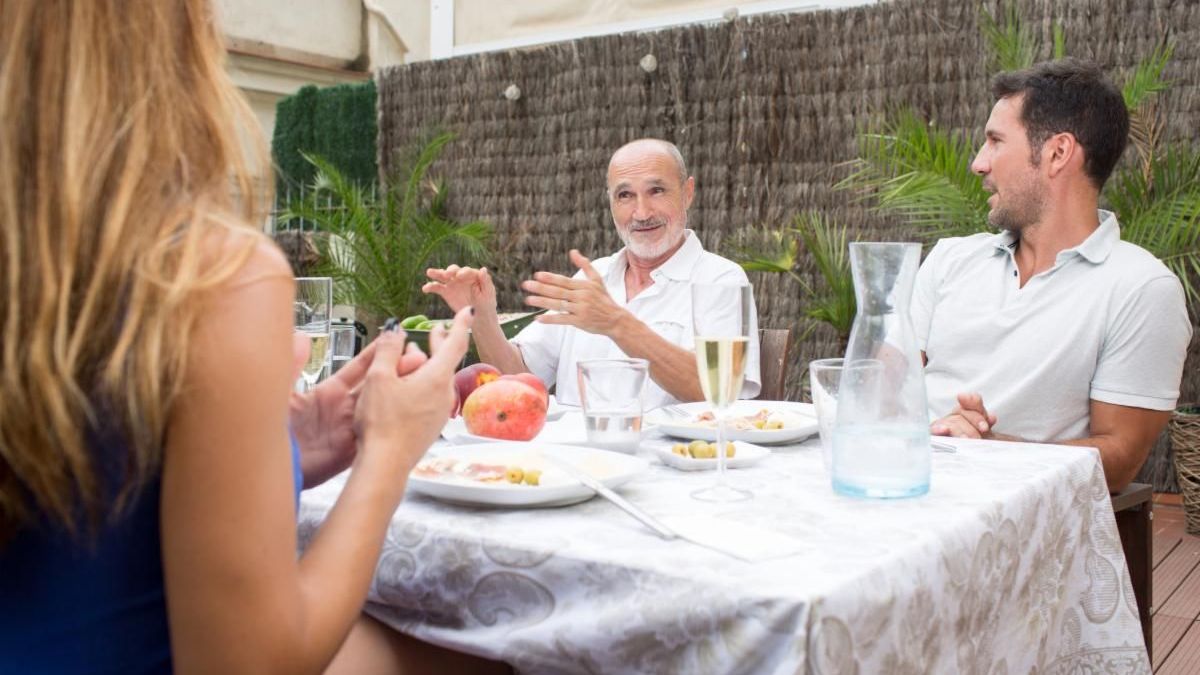
By J.P. Montalvan
•
March 11, 2024
As I sit here late at night in my parent’s family room, a few hours away from our home, thinking about you, it dawns on me that we’re often wrapped up with how leadership impacts us in the work world. But the reality is that it permeates every part of our lives – and especially our relationships with family and friends.
This weekend, the conversations with my parents are covering a myriad of topics, from advice on navigating parenthood with our newborn daughter to discussing strategies for managing their health.
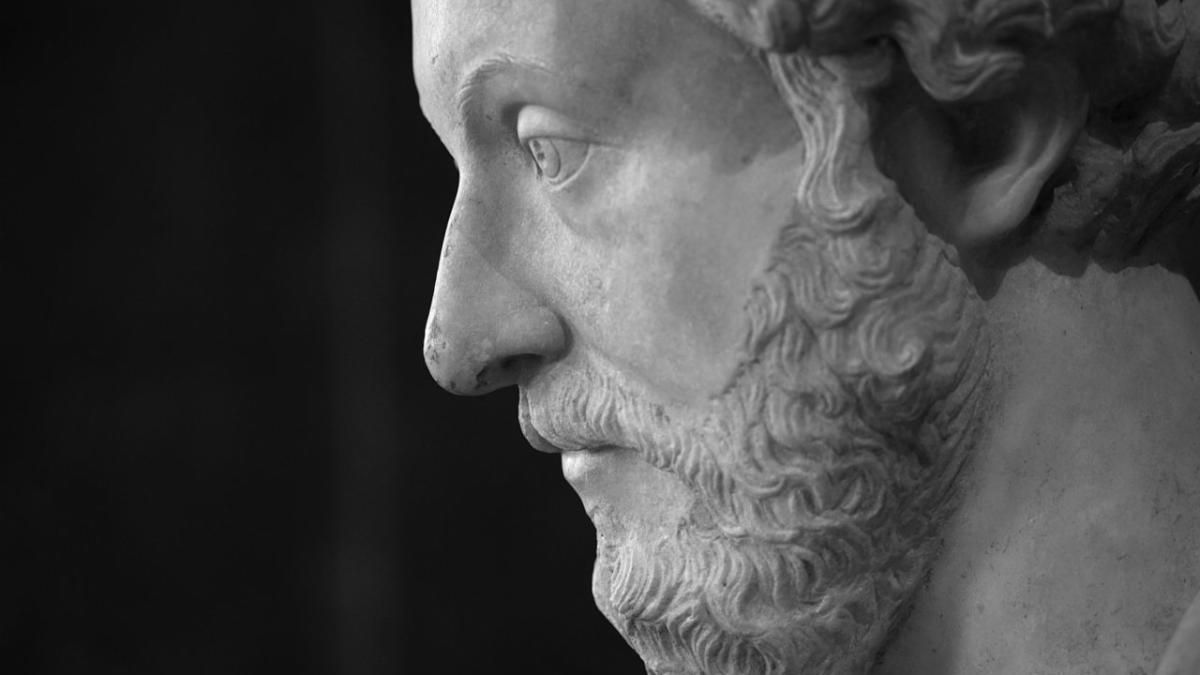
By J.P. Montalvan
•
March 3, 2024
Recently, Veronica and I took a trip to the beautiful Virginia countryside around Flint Hill, Virginia. As we took in the breathtaking, winter scenery of rolling hills, horses, cattle and more, we decided to stop for lunch at the inviting Dark Horse Irish Pub. Little did we know that our dining experience would include both delicious food and the unexpected wisdom of a heartfelt connection.
Upon entering the cozy pub, we were greeted incredibly warmly. Our waiter was a young man who attended to us graciously through our meal, and when he had to leave was replaced by an older waiter. The older waiter had a twinkle in his eye, as they say, and he immediately struck a chord with us. As our main meal switched to delicious desserts, he engaged us in some lively conversation and took a genuine interest in our newborn daughter in the stroller by our table. His genuine care and enthusiasm was really something.

By J.P. Montalvan
•
February 25, 2024
In the challenging world of Hollywood, with a sea of scripts and opportunities, Reese knew what she wanted. Despite some early success and the offers of darker and more intense roles, she was drawn towards “optimistic” storylines that inspired and uplifted. She wanted to make a meaningful impact on her audience, especially girls and young women.
“I got a role in this movie called Freeway playing this really angry, aggressive, violent young woman who believed wholeheartedly in the truth,” Reese shared. “I had such satisfaction afterward, and I thought, that's what I want to do.”
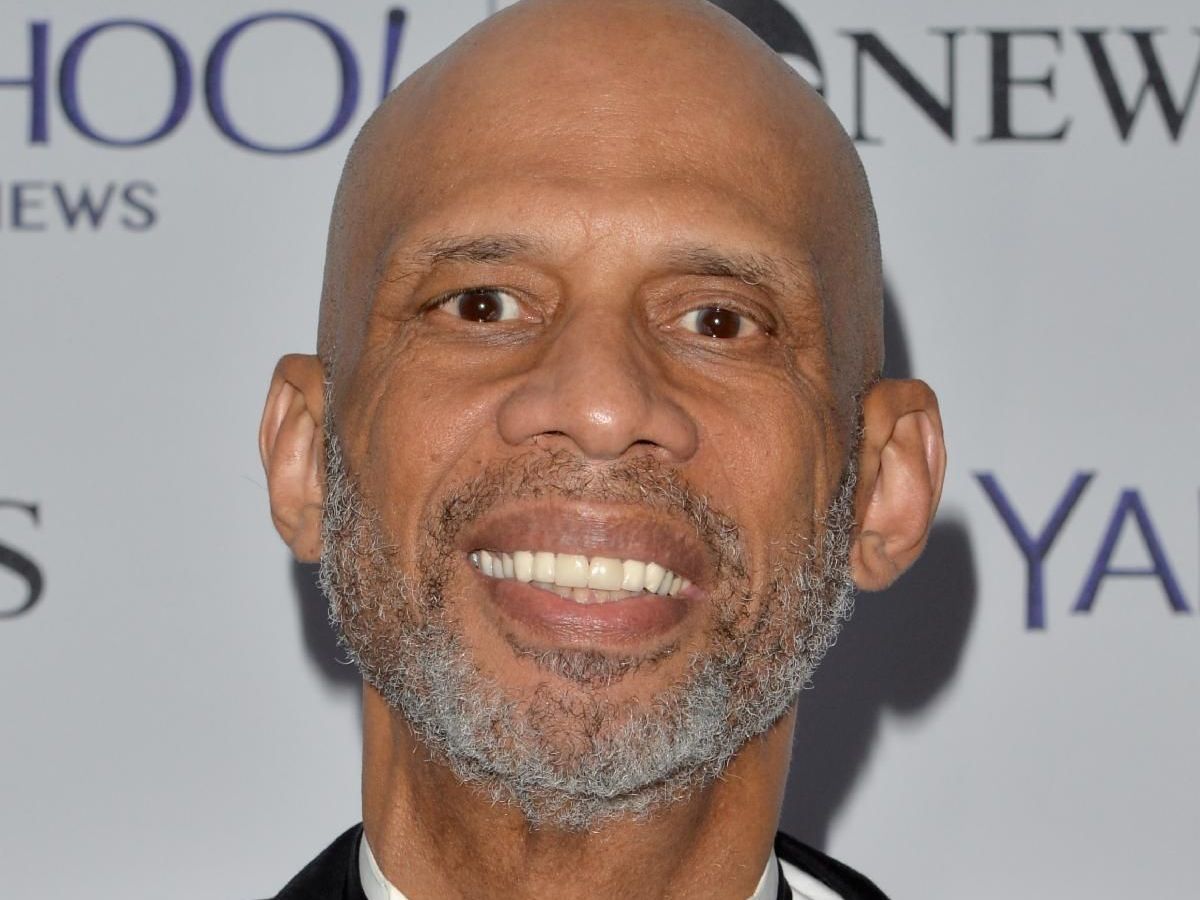
By J.P. Montalvan
•
February 19, 2024
Closing the Gap: Kareem’s Legacy and Your “Big 3” to Success
In the fast-paced world we live in, it's easy to get caught up in the whirlwind of daily tasks and lose sight of our priorities. If you’re anything like me, it happens when we think about the gaps between where we are and where we want to go, in business or in our personal lives.
Kareem dedicates much of his time now to empowering marginalized communities, reflected in his book "Writings on the Wall: Searching for a New Equality Beyond Black and White." He was asked once about his ability to prioritize amidst the glitz of a storied career.

By J.P. Montalvan
•
February 12, 2024
Getting picked last isn't great. Brock would know…
As February rolls in, it's time for a reality check on our goals. How often have you lost sight of your aspirations by now, slipping from proactive to reactive mode? I know I have in the past. How do we stay focused in the chaos of a competitive, hyperconnected world? That's a heck of a ball game.
And when we lose sight of our goals – our big goals – we are picking ourselves last.
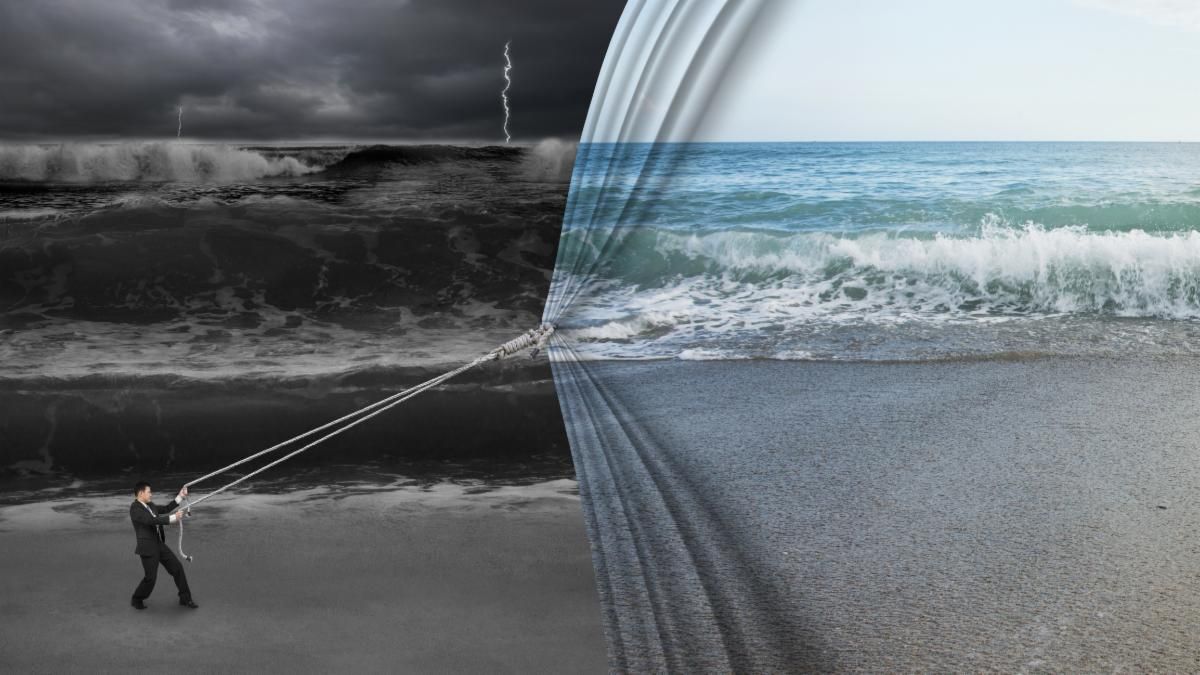
By J.P. Montalvan
•
February 5, 2024
Navigating the Storm: Finding Calm in Life's Turbulence
Many mornings, I like to share with you the stories of people facing unexpected challenges, moments of uncertainty and invaluable lessons on leadership and life amidst life’s storms. Whether it's facing setbacks in recovery, unexpected life events, or professional challenges, the ability to find calm becomes a crucial leadership skill that can make all the difference.
This morning, I’d like to share a little of my personal journey that was January 2024 with you.